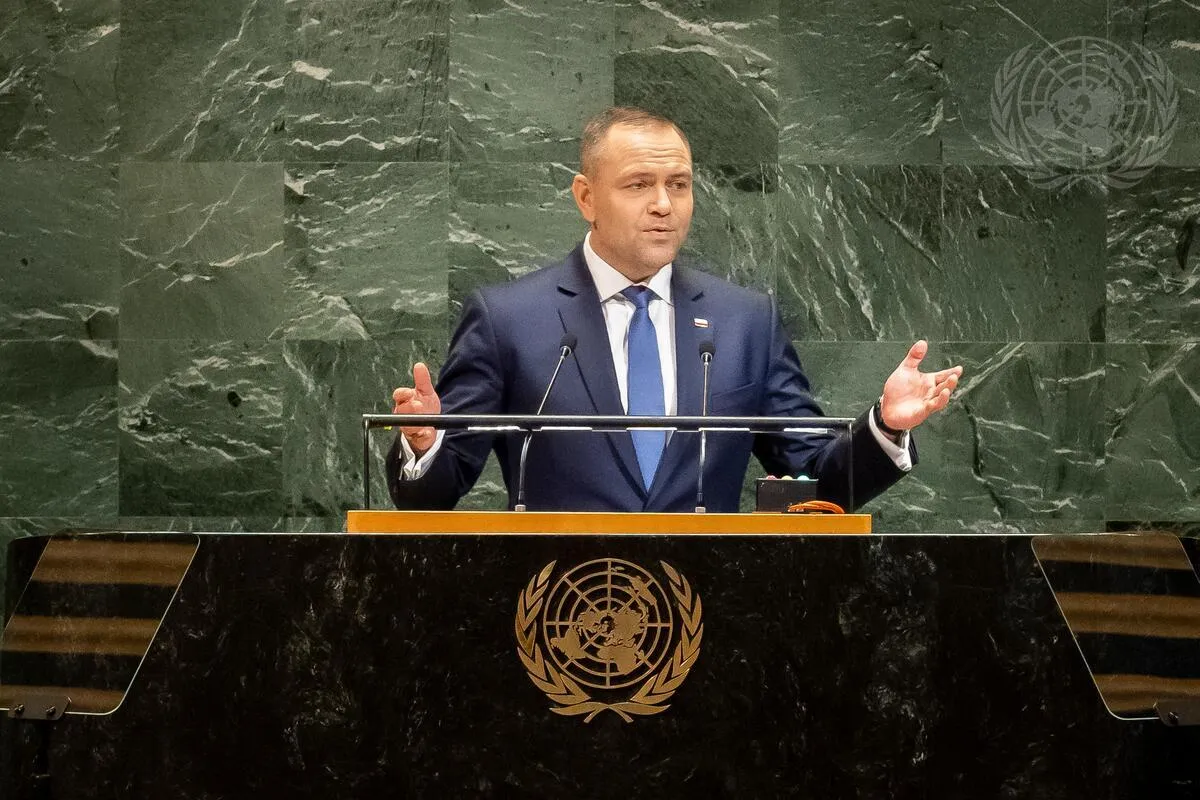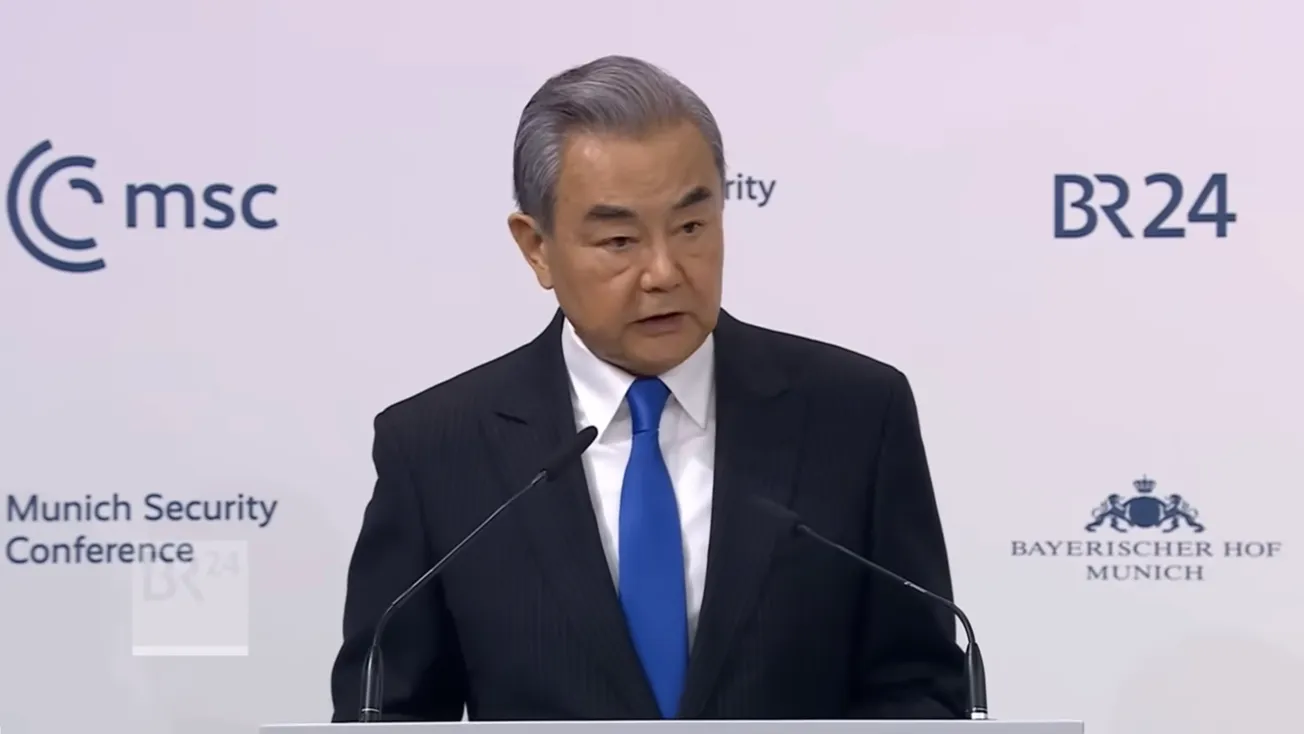On the eve of the G20 emergency session on Afghanistan, the renowned health journal The Lancet yesterday urged the resumption of donor funding of the public health service for 39 million Afghan people that was suspended on Aug 26, 2021, by the World Bank, which managed the fund and froze its foreign reserves of US$9 billion. The International Monetary Fund and EU have also suspended financing.
“When donor funding of approximately 43% of Afghanistan’s gross domestic product has been sustained for almost 20 years, fostering dependency, suddenly cutting off funding threatens the collapse of the health service,” The Lancet warned, referencing a September, 2021 WHO estimation that less than a fifth of public health facilities in Afghanistan were functional. “The WHO has urged resumption of funding of the health service in Afghanistan,” The Lancet wrote.
“Following this year’s drought, the population is also at risk of decimation by famine. Amartya Sen has suggested that famines are not generally just due to shortage of food but of money to pay for food.... Without external funding, total government provision would be reduced to perhaps 10% of gross domestic product, similar to that of most high-income countries before they took on provision of their own health services and education.
“Health care is, with humanitarian aid, the best place to start in restoring essential international funding. Similar to provision of potable urban water and sanitation, provision of health care and humanitarian aid are not politically contentious. Funding is also needed for the medical, nursing, and midwifery schools.
“The G20 nations will meet on Oct 12, 2021, to address the economic crisis facing Afghanistan and discuss humanitarian aid. There are lines the international donor community will not cross, especially regarding the treatment of women, but we can hope that this community will also not allow the Afghan health service to collapse or people to starve.”
One of the two authors, Masood Amer (the other is Steward Britten), was Assistant Country Director and headed the Governance Unit for the United Nations’ Development Program in Afghanistan from 2008 to 2016.





